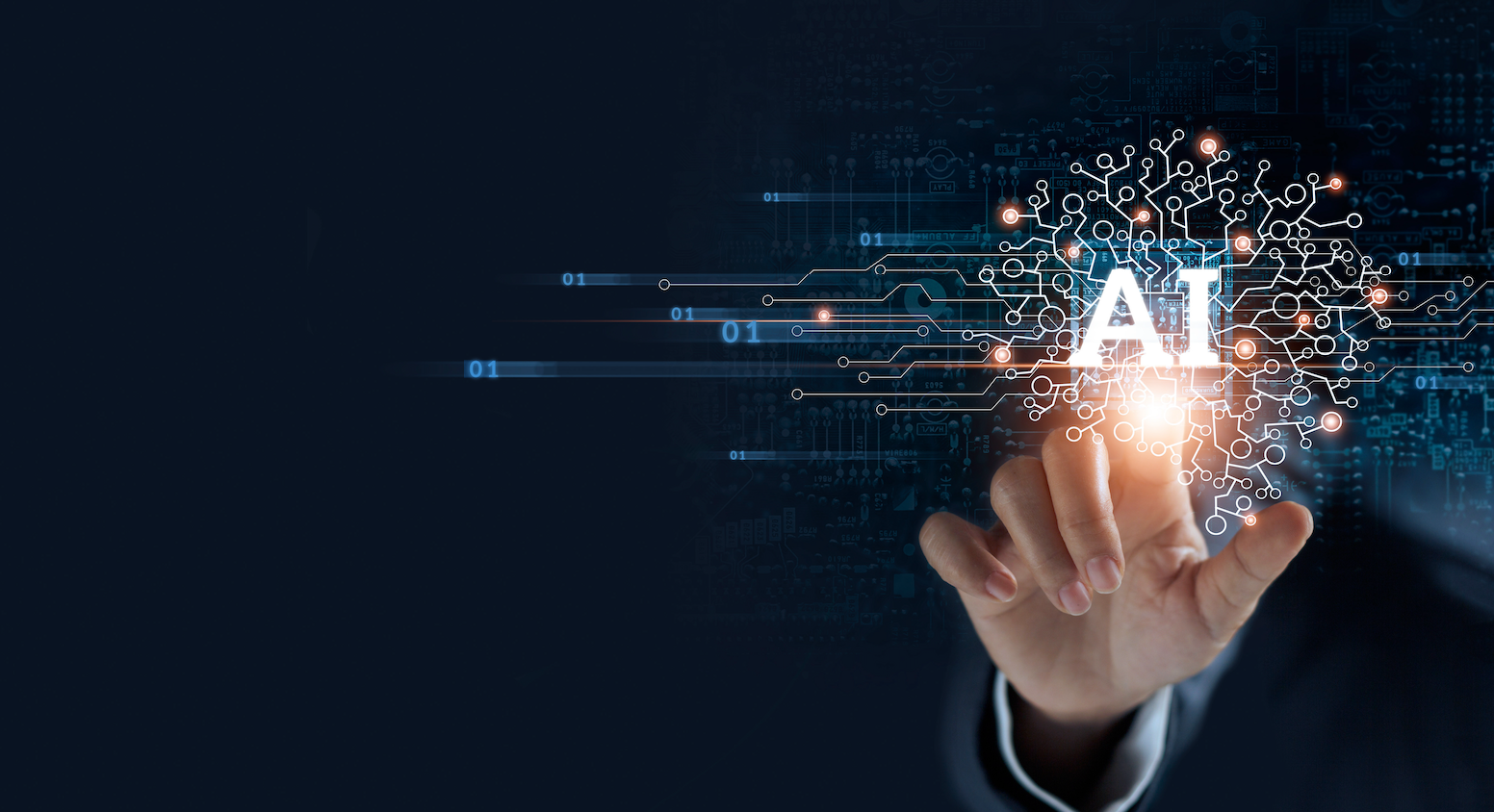Written by: Kevin Gardner
Artificial intelligence (AI) is rapidly becoming a necessity to improve the global economy. The world has seen AI technology creep into almost every industry. With AI technology continuing to progress, a majority of businesses are actively looking for ways to leverage it to boost their operations. With this in mind, here are some examples of how artificial intelligence can help the economy grow.
Healthcare
In recent years, healthcare has become heavily dependent on artificial intelligence. AI is being used in the diagnosis of diseases and in treatment planning. For example, AI can help detect lung cancer earlier by scanning medical images and analyzing the content of tissues. AI is also being used to help doctors create personalized treatment plans for their patients. Physicians can use AI tools to select optimal doses of medications based on a patient’s specific health condition. On top of this, as technicians find ways to develop faster chips for deep learning, AI can now be used to analyze medical data and find new insights.
Education
While the word “robot” might instantly bring to mind humanoid machines that can replace humans in the workforce, artificial intelligence technology can also be used to improve the quality of human life. Such is the case with education. AI has changed the way students learn and how educators teach them. Machines have made learning more accessible to people of all ages and skill levels. With AI-driven learning, students can receive immediate feedback on their progress, learn at their own pace, and use personalized study plans. AI is also heavily used in online education, where students can connect with teachers and peers around the world.
Manufacturing
Thanks to the invention of robots, manufacturing companies have been able to increase their output. Now, artificial intelligence promises to take productivity to a whole new level. The integration of AI into manufacturing processes can help companies reduce waste and boost profits, as well as improve overall business growth. Such improvements stem from the fact that AI-driven machines are capable of producing more precise and consistent products in shorter spans of time than human operators. Additionally, these machines can be programmed to work on several tasks at the same time, further maximizing their productivity.
Agriculture
Farmers have been using the power of artificial intelligence to increase the yield of their crops. Through machine learning algorithms, AI technology analyzes vast amounts of data and predicts the future behavior of a particular system, such as weather or plant growth, based on the data that has been collected. Specifically, AI-driven sensors have been installed in farms to capture real-time data about the conditions of crops, soil, weather, and more. This information is then analyzed and processed by AI algorithms to generate recommendations for farmers about the best ways to increase crop yield.
Travel
The travel industry has witnessed a massive transformation driven by artificial intelligence. Chatbots have become a key tool in the travel sector, especially in the customer acquisition stage. Online travel agencies have successfully deployed chatbots to convert browsers into customers. With this type of software, customers can conveniently book hotels, flights, and other travel-related services using natural language. Chatbots have been programmed to understand and respond to the most commonly used travel-related terms, so people don’t need to know the exact names of hotels or destinations.
Artificial intelligence will likely benefit businesses and the overall economy over time. However, these benefits can only be realized if businesses invest in AI. Fortunately, the cost of implementing AI solutions is going down as more and more vendors offer AI-as-a-service. Companies can now leverage machines to take their operations to the next level.
Related: Looking Past Digital Transformation

